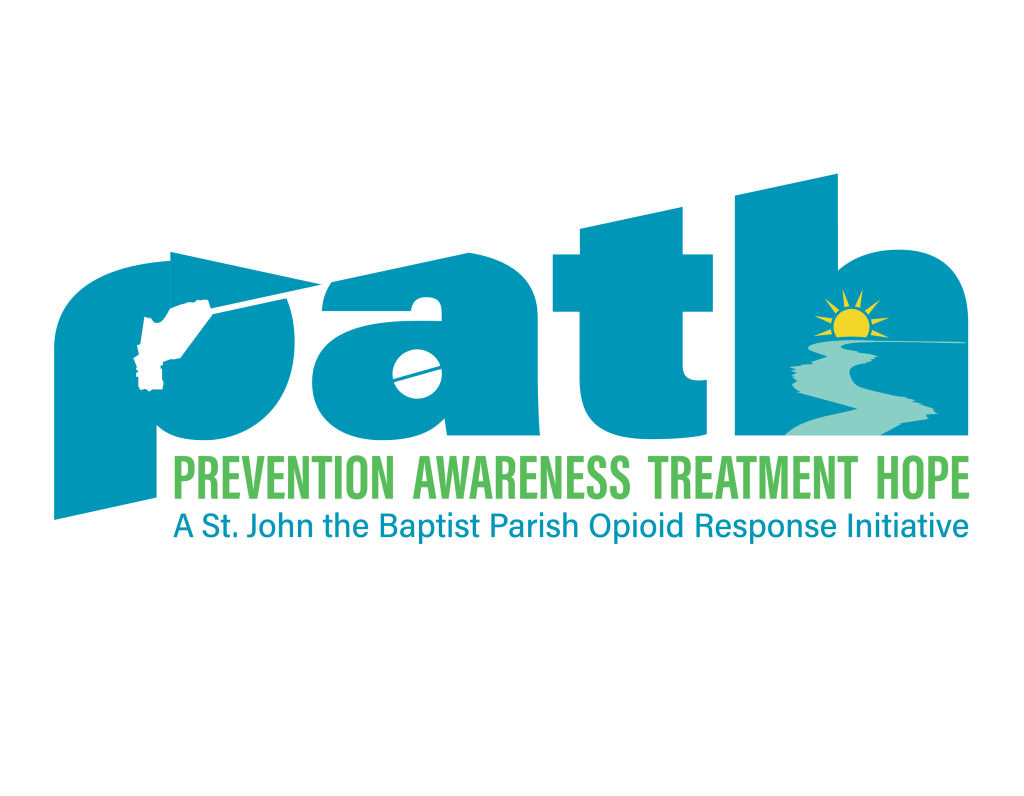Witnessing a colleague struggle with opioid addiction can be unsettling. You may wonder how to offer help without overstepping boundaries. Here's the key: your compassion can make a difference.
Opioid addiction is a complex medical condition that requires professional help. However, you can be a supportive presence on their journey to recovery, which we can think of as a path they're walking. Here are some ways to offer support without being intrusive:
Pull them aside during a break and express your concern in a kind and private manner. Focus on their well-being and offer support, not judgment.


Many companies have Employee Assistance Programs (EAPs) specifically designed to provide confidential support for personal challenges, including addiction. Subtly mention your company's EAP as a resource for anyone struggling.
Continue being a friendly and professional colleague. However, avoid situations that could be misinterpreted as enabling their addiction, such as covering for missed work shifts.


While offering support, keep work conversations professional and focus on collaborative tasks.
Learn about opioid addiction, its effects on your body and
mind, and the different treatment options available.
Knowledge empowers you to make informed decisions
about your recovery.
Learn about opioid addiction, its effects on your body and
mind, and the different treatment options available.
Knowledge empowers you to make informed decisions
about your recovery.
Learn about opioid addiction, its effects on your body and
mind, and the different treatment options available.
Knowledge empowers you to make informed decisions
about your recovery.
Learn about opioid addiction, its effects on your body and
mind, and the different treatment options available.
Knowledge empowers you to make informed decisions
about your recovery.
Remember, addiction is a disease, not a reflection of their work ethic. Be patient and focus on encouraging them to get the help they need.
Many resources can guide individuals on the road to recovery. We can connect you with information on local treatment facilities and support groups for those struggling with addiction.
Your support can be a ray of hope on their path to a brighter future.

office:
811 W. Airline Highway, Suite 171,
Laplace, LA 70068
(Hours 8am – 4:30pm)

(6pm – 8:00pm)
Classes:
River Parish Community College,
181 Regala Park Rd,
Reserve, LA
